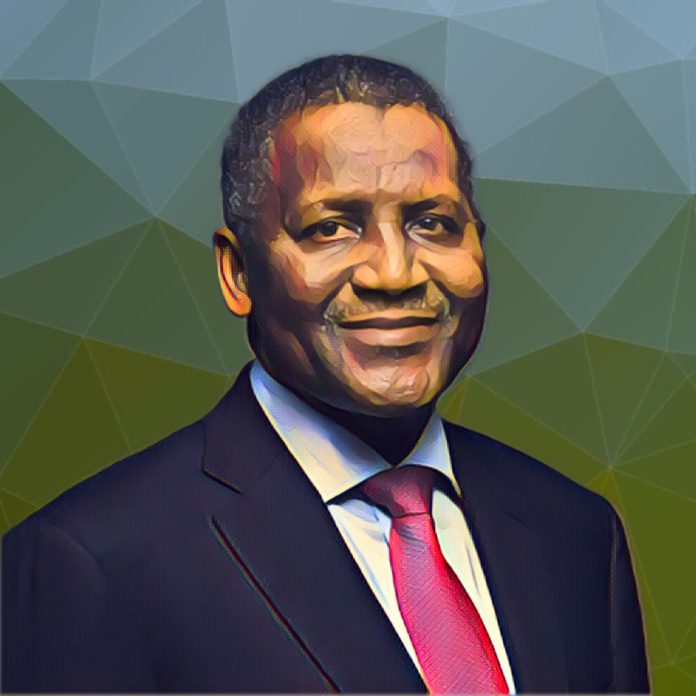KEY POINTS
- Dangote fertilizer expansion gains fresh momentum.
- New plants strengthen Africa’s fertilizer output.
- Global firms join Dangote’s expansion program.
Aliko Dangote is advancing a major push to grow his fertilizer operations. He has signed new technical agreements with global engineering partners to boost Nigerian capacity and build a fresh plant in Ethiopia.
The moves form part of a broad expansion strategy aimed at tripling urea production at his Lekki complex from 3 million tons a year to nearly 9 million tons.
New milestones in the Dangote fertilizer expansion
The upgrade will add four new trains to the existing lines, placing the facility among the world’s largest urea producers once construction is complete. At the same time, Dangote has started development of a separate $2.5 billion fertilizer plant in Gode, Ethiopia, set to produce another 3 million tons each year. The project follows a recent groundbreaking in the Somali region, where leaders view the site as key to a wider industrial drive.
Dangote has further engaged several international firms to execute both programs. Denmark’s Topsoe will supply ammonia technology for six plants. Furthermore Saipem will provide process design for urea melt units. Germany’s Thyssenkrupp, through its UFT arm, will provide granulation systems needed to produce export-grade urea.
Global partnerships deepen the Dangote fertilizer expansion
India’s Engineers India Ltd. will serve as project management consultant for the four new plants in Lekki. The company will oversee engineering, procurement and construction management, according to Dangote officials familiar with the plans.
The expansion highlights Dangote’s growing focus on agricultural inputs as African governments work to tackle food insecurity. Higher production could help Nigeria and Ethiopia become exporters at a time when global supply chains remain volatile and fertilizer demand continues to shift.
In conclusion, fertilizer now stands as a core pillar of Dangote Industries Ltd., alongside the group’s refinery and cement operations. Company officials also say the new agreements will create jobs, support farmers and increase Africa’s participation in the global fertilizer market.



